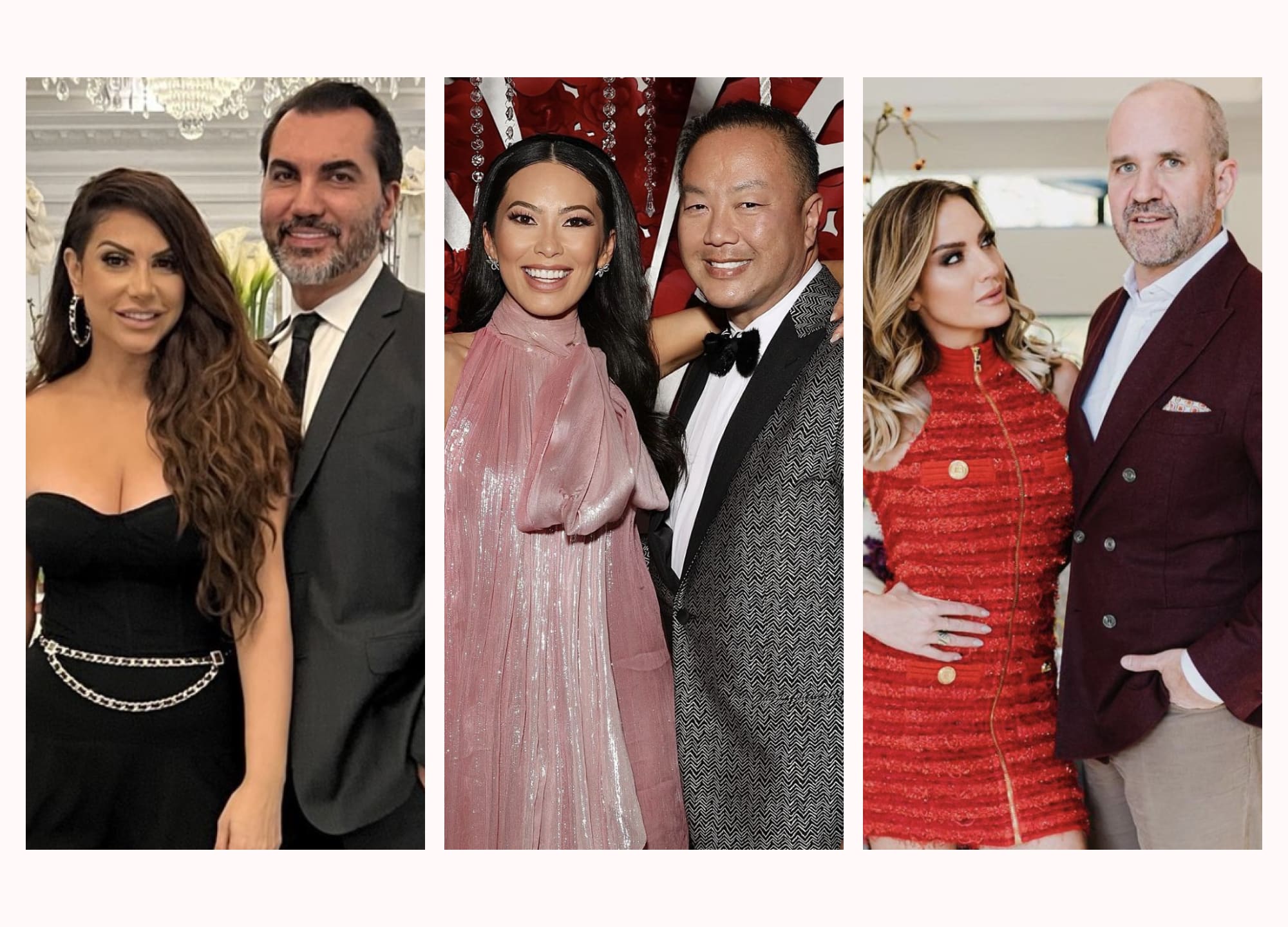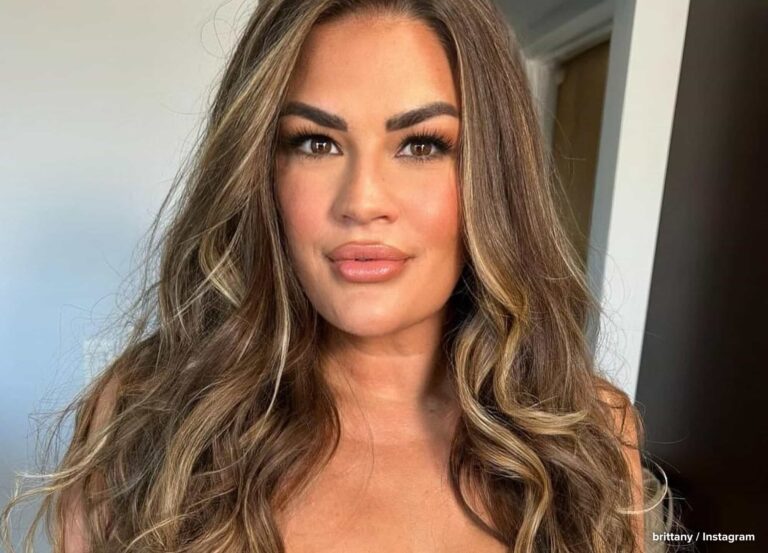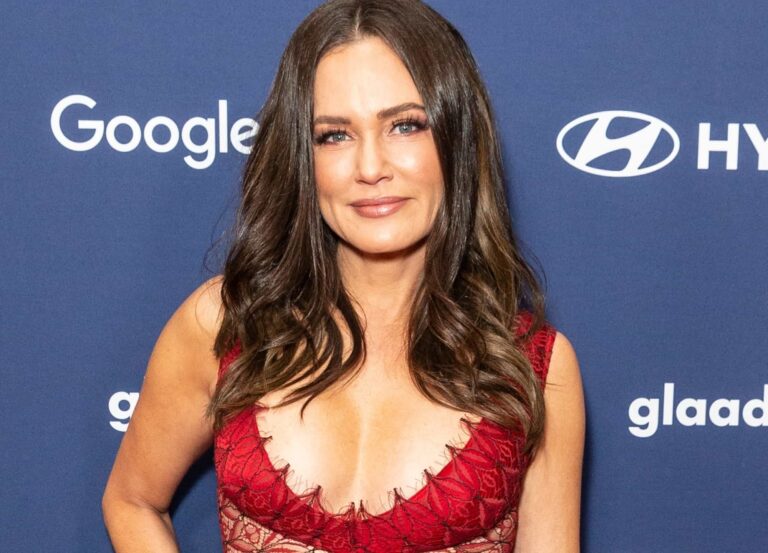Whether you consider it a blessing or a curse, reality TV has taken over our screens in the last two decades. It’s a juggernaut that turns everyday people into “celebrities” overnight. While that can be challenging for anyone, it poses an especially unique conundrum for the increasing number of doctors appearing on reality TV, who must figure out how to navigate the increasingly blurred lines between their personal and professional lives. Take the most recent season of The Real Housewives of Miami, when plastic surgeon Dr. Leonard Hochstein instantly became the franchise’s most hated husband after a hot mic captured him telling a friend about his plans to divorce his wife and the mother of his two young children. As the season progressed, viewers watched as Lenny left Lisa, refused to communicate with her, then tried to kick her out of their house so he could move his new twentysomething Instagram model girlfriend in.
In a slightly less scandalous storyline on the previous season of The Real Housewives of Orange County, plastic surgeon Dr. Terry Dubrow came face-to-face at a dinner party with a patient who had sued him, then later changed her name and befriended his wife. Fighting ensued. [Editor’s note: Neither of these doctors responded to interview requests for this story.]
So how exactly can all of this on-camera drama affect their time at the office? Here, fivee doctors get candid about how being on a reality show has impacted their careers.
The potential for career damage is a real concern…
When his wife, Jennifer, was approached to join The Real Housewives of New Jersey, Dr. N. Bill Aydin, a board-certified plastic surgeon in Paramus, New Jersey, had serious hesitations. “I was doing reconstructive work in a hospital setting, where you get flak for doing things of that nature. There was a feeling that if you were involved with reality TV, you weren’t considered to be as ‘real’ a doctor,” he explains. Still, despite his concerns that the show might affect his credibility, he ultimately acquiesced to his wife’s requests, noting that she had made many sacrifices for his career over the years and he wanted to do the same.
Dr. Gabriel Chiu, a board-certified plastic surgeon in Beverly Hills, California, decided to join Netflix’s Bling Empire because the show didn’t revolve around his professional life, noting that there were other reality TV opportunities he had considered previously. “Some were based on plastic surgery, and others were based on lifestyle. Shows about plastic surgery are more likely to affect a surgeon’s career, since viewers will have insight into your bedside manner, surgical skill, decision-making, and techniques. Shows focused on any other theme can still affect your career—but not as significantly,” he says. In the case of Bling Empire, “I was more concerned about the impact it would have on various social relationships than on my profession,” he adds.
For Dr. Tiffany Moon, a board-certified anesthesiologist in Dallas and cast member of The Real Housewives of Dallas, the hesitations about doing reality TV made her decide to keep her personal and professional lives completely separate. She had it written into her contract that there would be no filming at the hospital where she worked or discussion of her job on camera. “I felt that it would be messy if I combined the two,” she says. “I wanted to show that you could be two different things, but I also didn’t want to jeopardize or taint my main career by being a Housewife, especially if it didn’t go well,” she explains.
…but some doctors crave the exposure.
On the flip side, some doctors jump at the opportunity to showcase their practices on national television. “The reason we did the show was to help our careers. It was a business decision,” says Cary Deuber, CRNFA, who appeared on four seasons of The Real Housewives of Dallas. “All publicity is good publicity. It was a good platform to help with the business. I knew that there were other Housewives who had plastic surgeon husbands and their businesses had done well with that kind of exposure,” adds her husband, Dr. Mark Deuber, a board-certified plastic surgeon in Dallas. Deuber notes that the couple did consider that putting their life out there might be a bit risky, but “I felt strongly that we were good and ethical people and that that would translate,” she explains.
There are definite benefits to appearing on reality TV
The Deubers’ intention proved to be successful. “Part of Cary’s storyline was her opening our med spa center, and that’s exploded in growth,” says Dr. Deuber. He adds that a significant number of new patients come to him because they’re Real Housewives fans. “In the three or four seasons we were on the show, there were thousands of patients who wanted to come to us—and only one that didn’t,” he explains. According to Dr. Aydin, about half of his patients come to him because he’s on RHONJ, while Dr. Chiu notes that the global audience of his show has increased his exposure to an international clientele.
However, patients do bring up the on-camera drama.
Dr. Aydin says that many of his patients aren’t shy about discussing what they see on the show. “We’ll get into a conversation, and they’ll say, ‘Oh, my family has made comments to me about my doctor drinking alcohol.’ My response to them is, ‘Yes, when I’m not working,’” he explains. “In previous seasons, my old affair was brought up, and sure, some patients out there may not want a doctor who’s had an affair, but doctors aren’t immune to marital distress,” he says. Still, he notes that much of the feedback he gets is positive. “As physicians, we’re oftentimes not considered regular people. I do think that being on TV and people seeing that when we’re not working we’re still human beings normalizes our profession,” he notes. Dr. Moon agrees: “We’re humans too, and we need outlets for recreation. When people make comments about how they wouldn’t trust me to be their doctor because of something they saw on the show, I want to tell them that there are many doctors out there doing much worse, it’s just not captured on social media or television, she adds.
While Dr. Chiu says none of the on-camera drama has impacted his career enough to the point where he’s considered quitting the show, there are still moments when his professional and TV lives overlap in an unwanted way. “There was a unique case where someone came in for a consultation, then proceeded to tell me that they used to work with some of the other cast members and claimed they were owed money and needed to get in touch with them,” he says.
The Deubers found themselves the subject of several controversial storylines during their time on TV. “I have to believe it wasn’t lost on any of the other cast members that Cary and I personally stood to gain more from our business being on the show, and that made us a bit of a target,” says Dr. Deuber. “But we both have medical licenses and have to follow standards and a code of conduct. If you’re just a character on a reality show, you don’t have that same standard. So other people can make comments or false statements that we can’t even respond to,” he says. But at the end of the day, “While some of the things said about us were emotionally hurtful, it didn’t hurt our brand,” Deuber adds.
The doctors’ takeaway: proceed with caution.
Despite how they view or deal with their time on TV, the doctors turned reality stars we spoke with all offered advice for anyone in their shoes: Remain true to who you are, be prepared to have some big things thrown at you, and know why you want to be on TV—be it just for fun or to increase business. But remember that your goals may be different from the production’s. “You have to understand and be willing to accept that the goal of the show is to provide good television, which may or may not be your intention. While you will definitely increase your exposure, there is no guarantee that it will be beneficial to your career,” says Dr. Chiu. Similarly, be aware that nothing comes without risks. “Every medicine has a side effect, every surgery has a potential complication, and being on reality TV has its own set of demons,” Dr. Aydin cautions.











